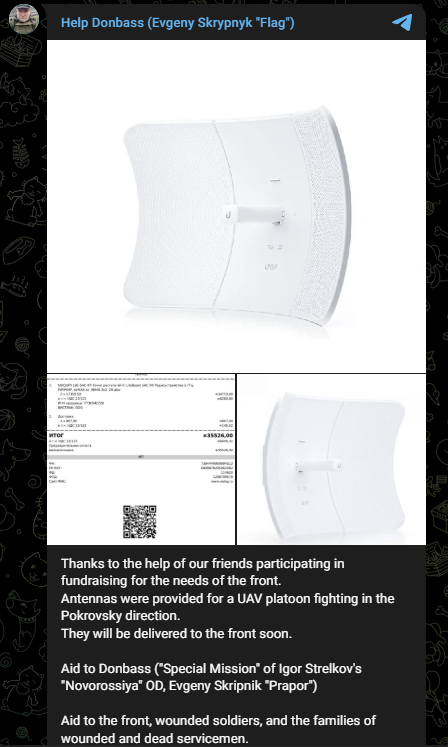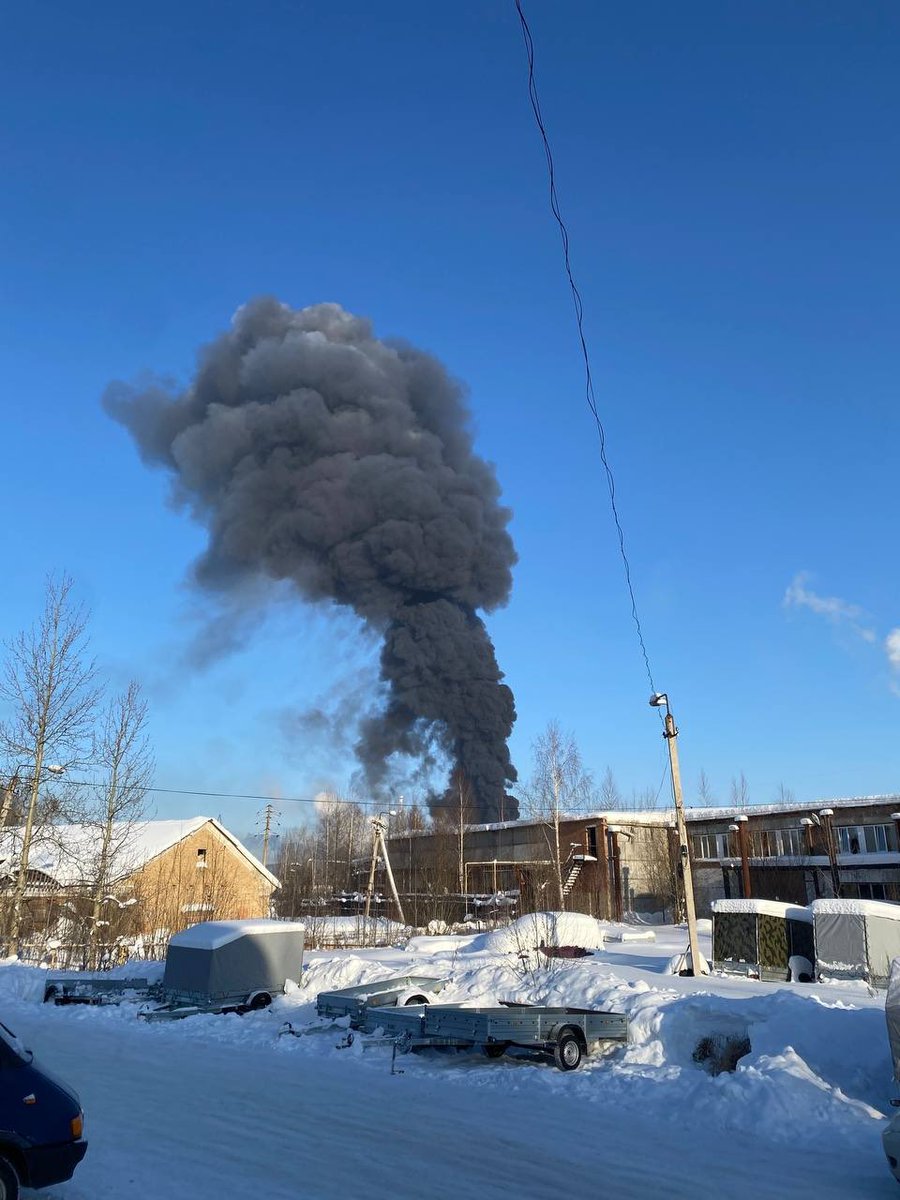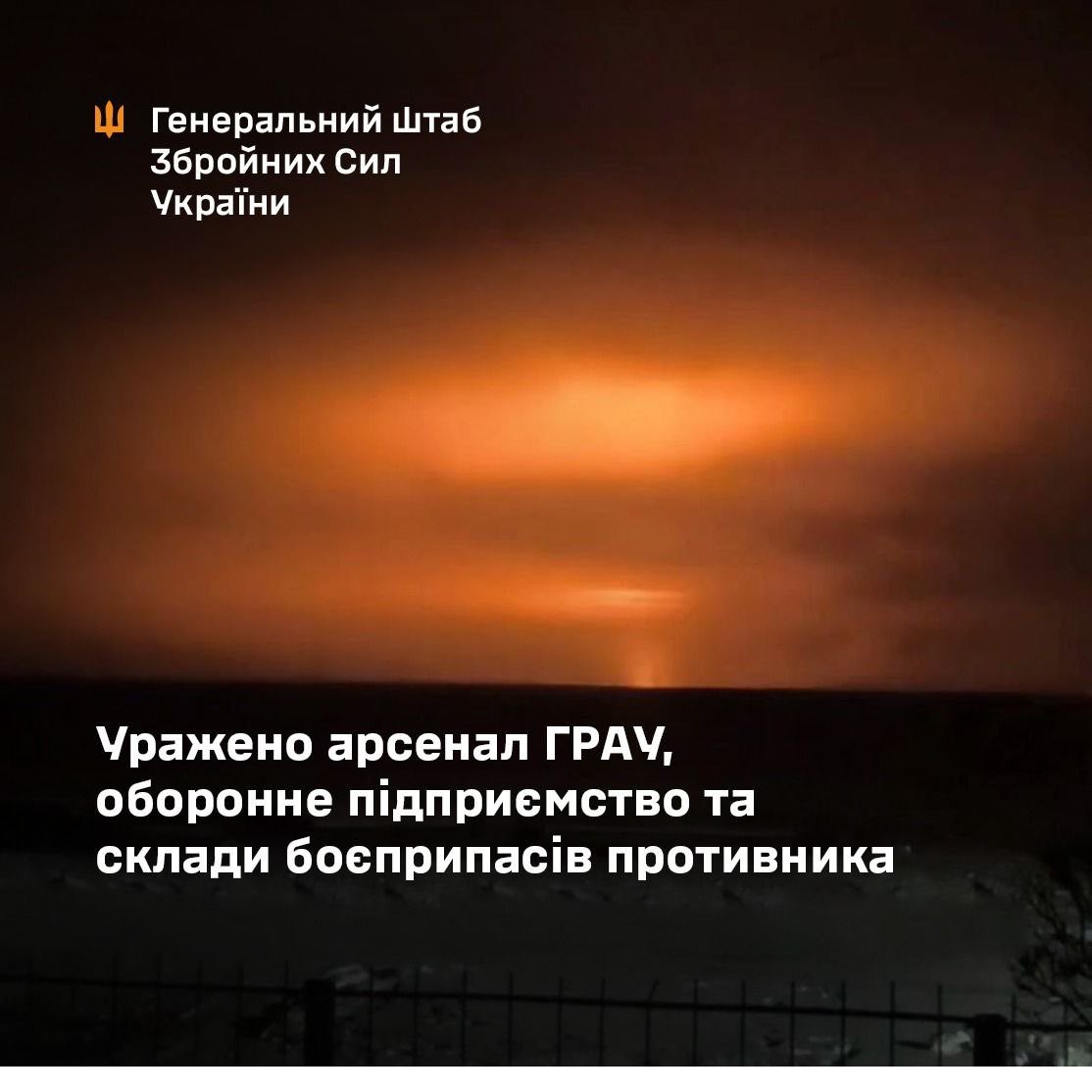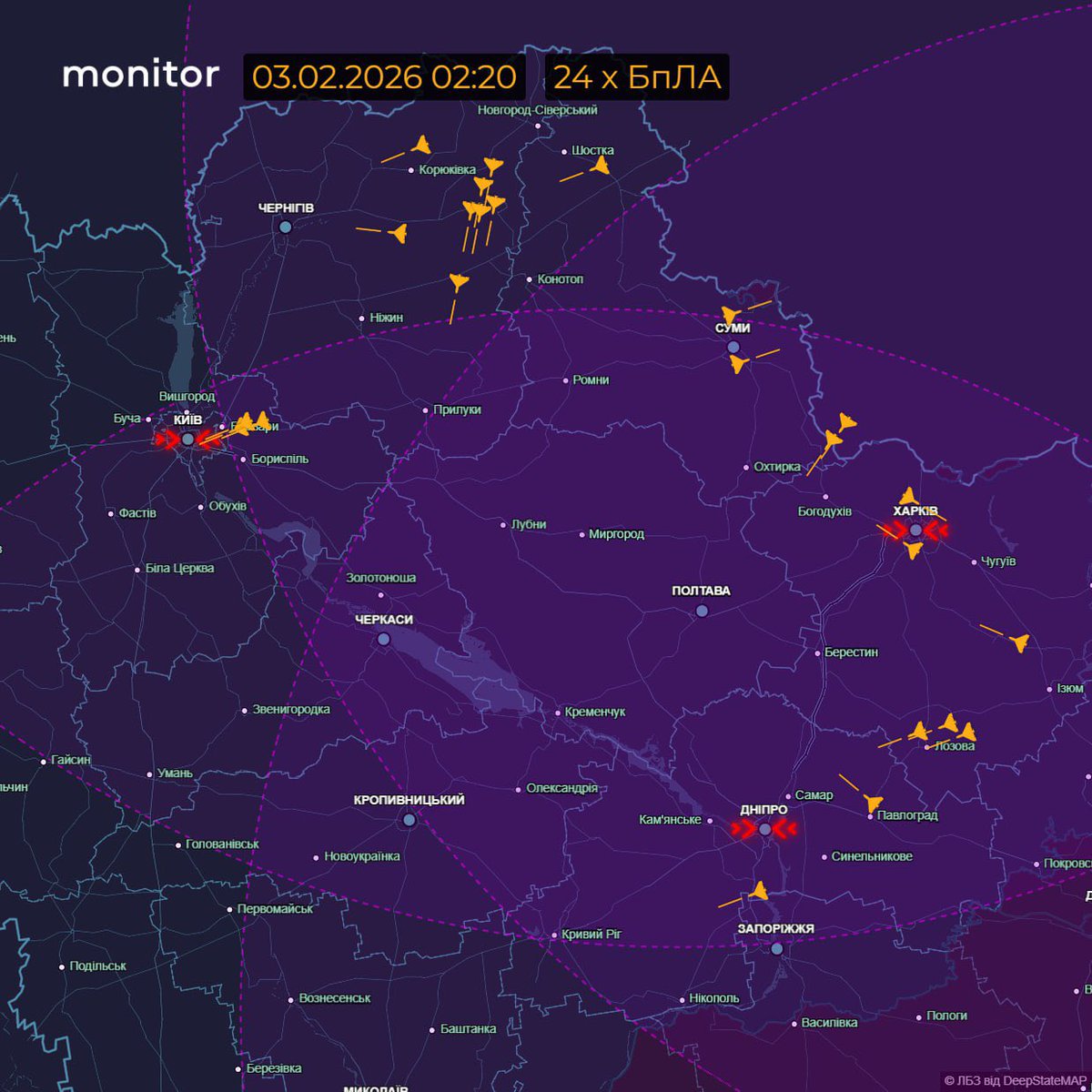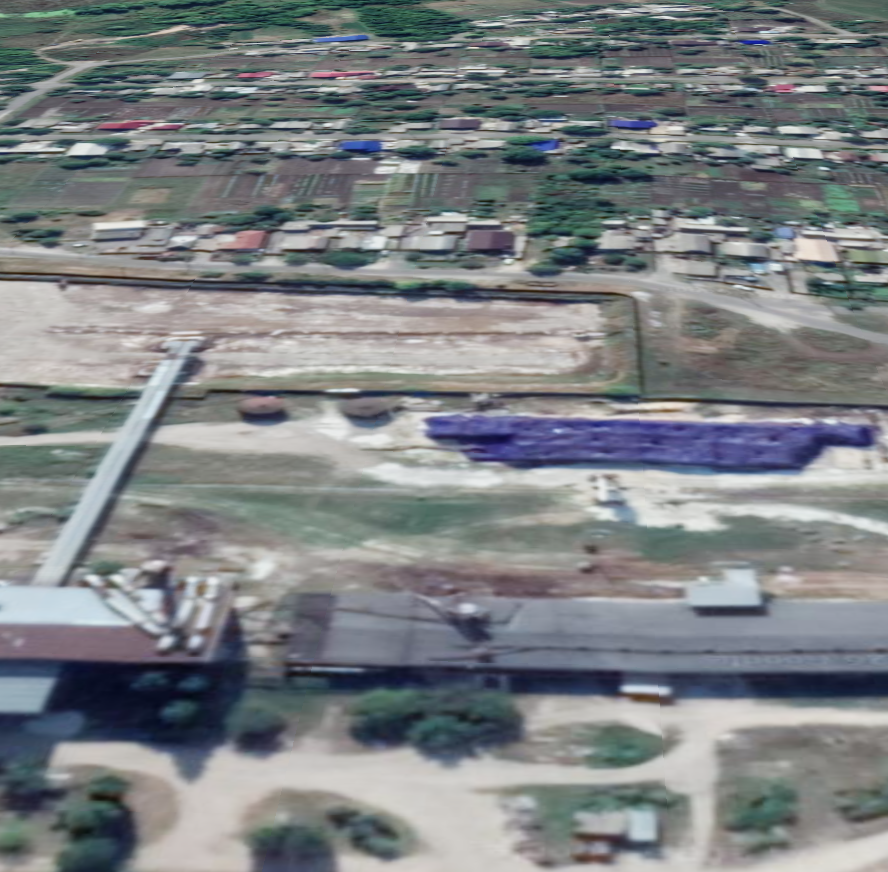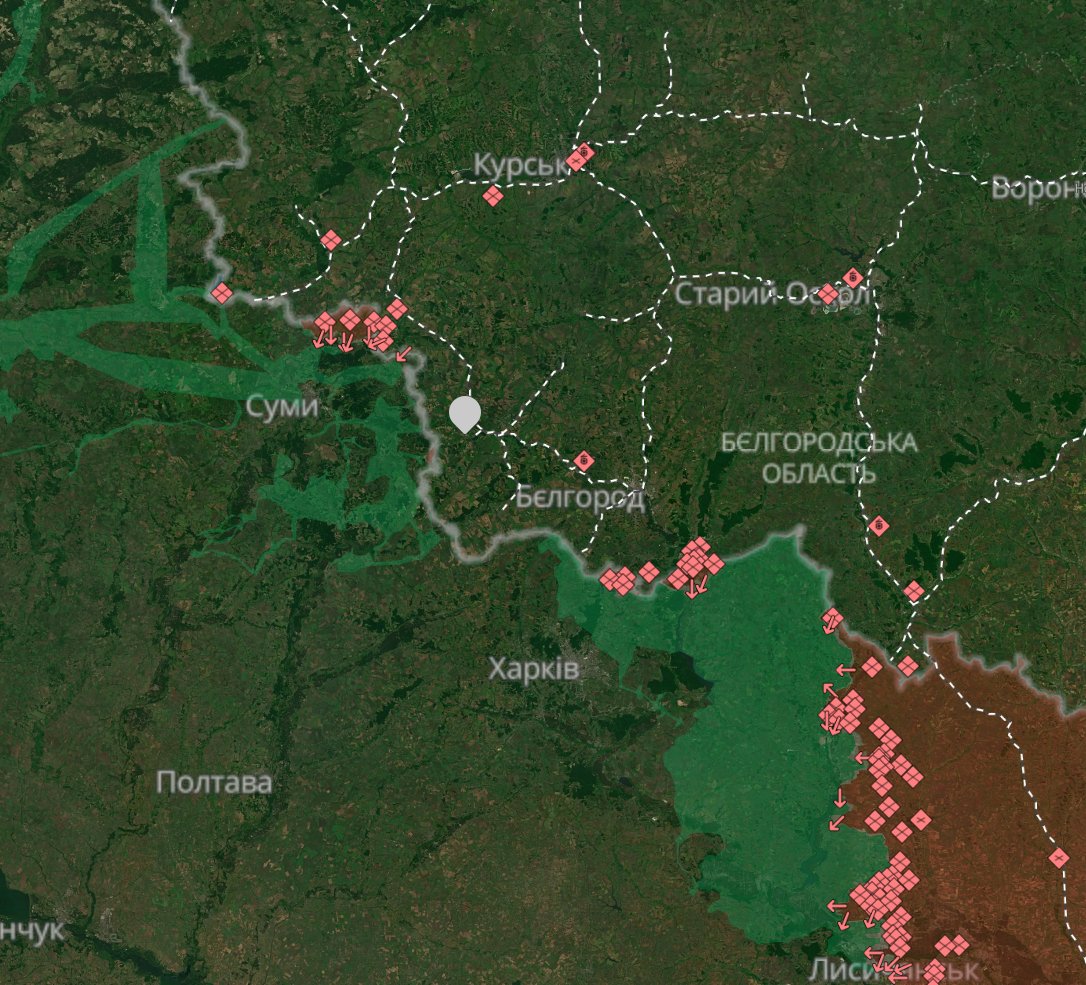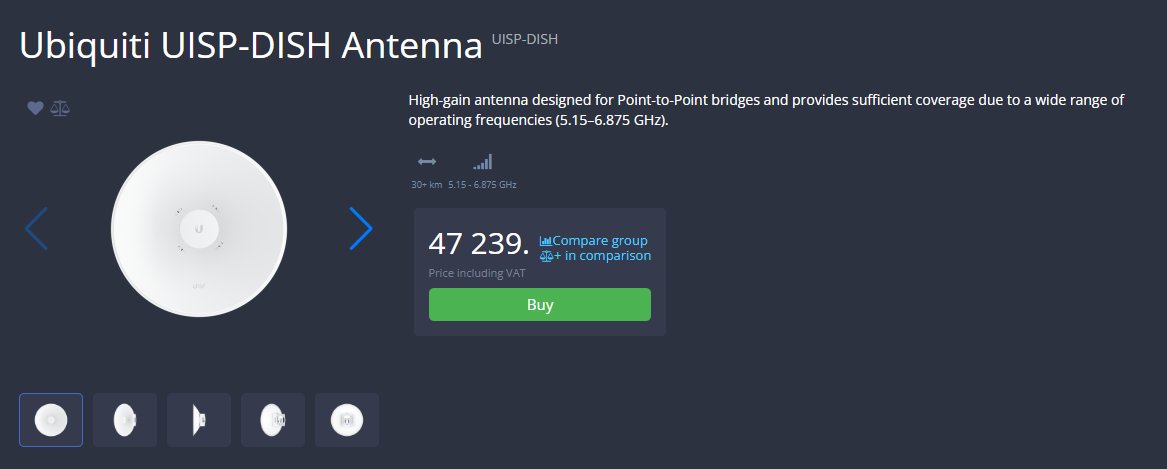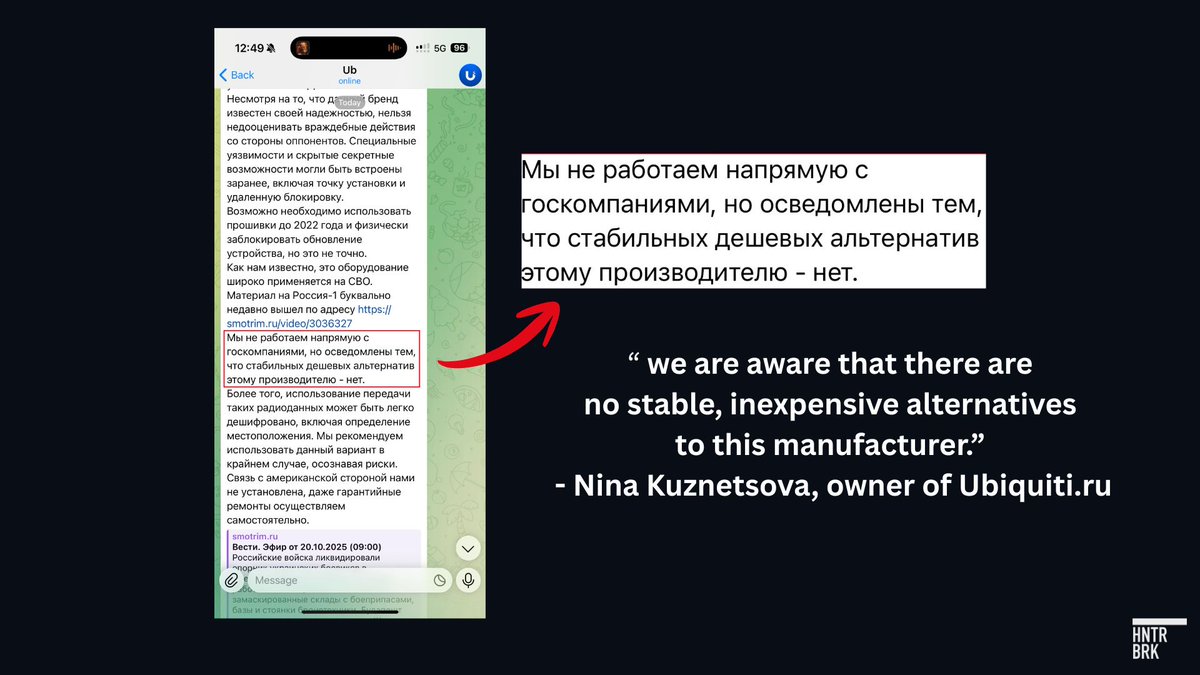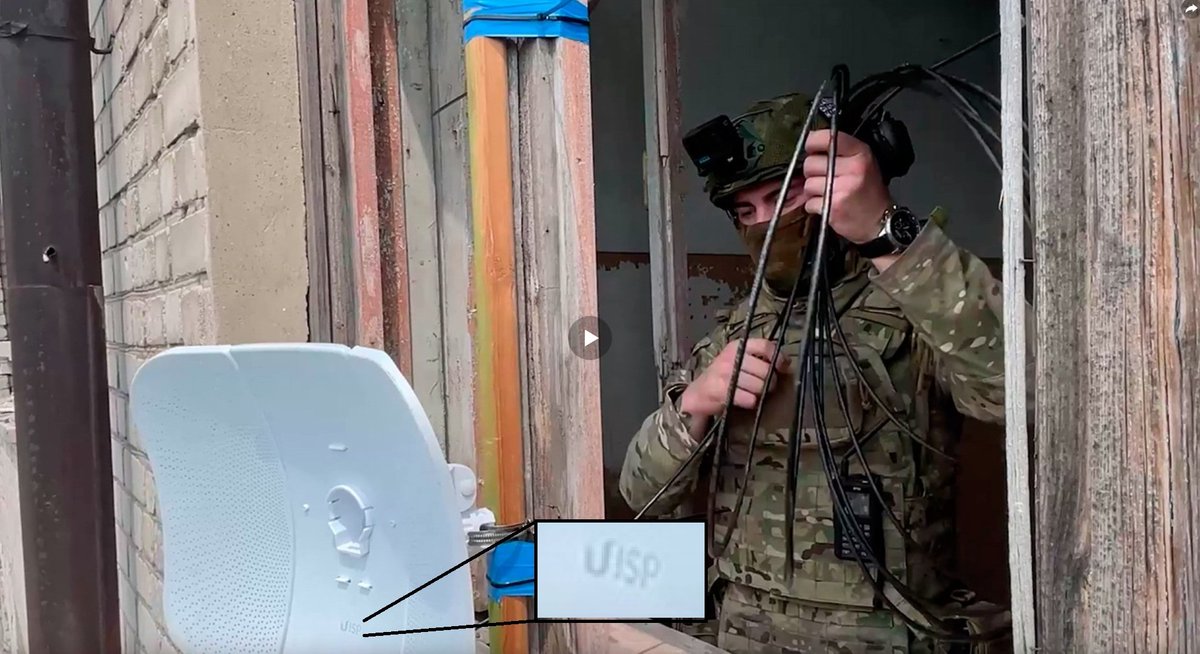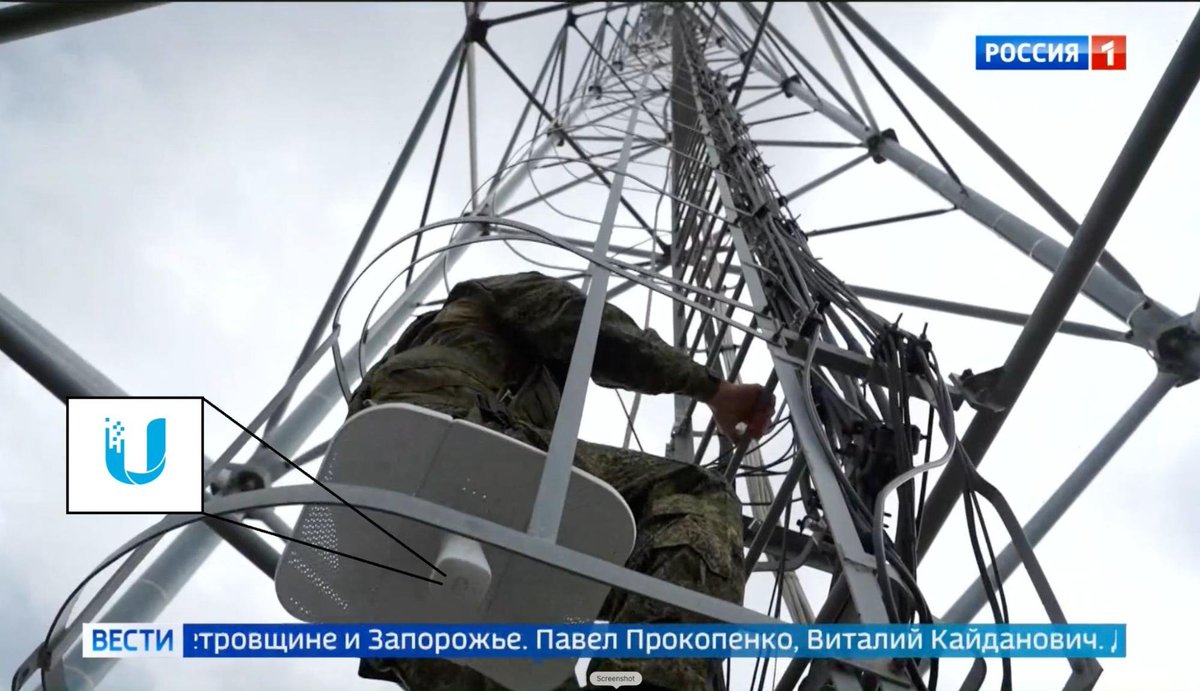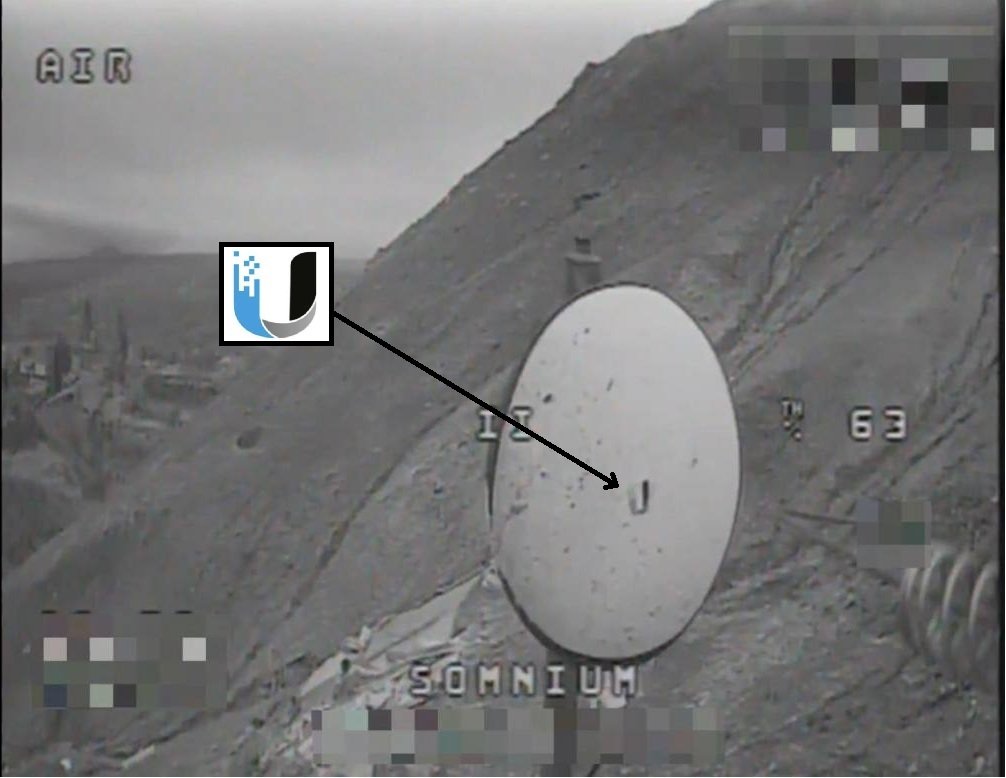What’s going on with Vinfast?
Our wide-ranging investigation into the Vietnamese EV manufacturer relied on satellite imagery, AIS data, trade records, and on-the-ground reporting in multiple U.S. states and continents.




Our wide-ranging investigation into the Vietnamese EV manufacturer relied on satellite imagery, AIS data, trade records, and on-the-ground reporting in multiple U.S. states and continents.

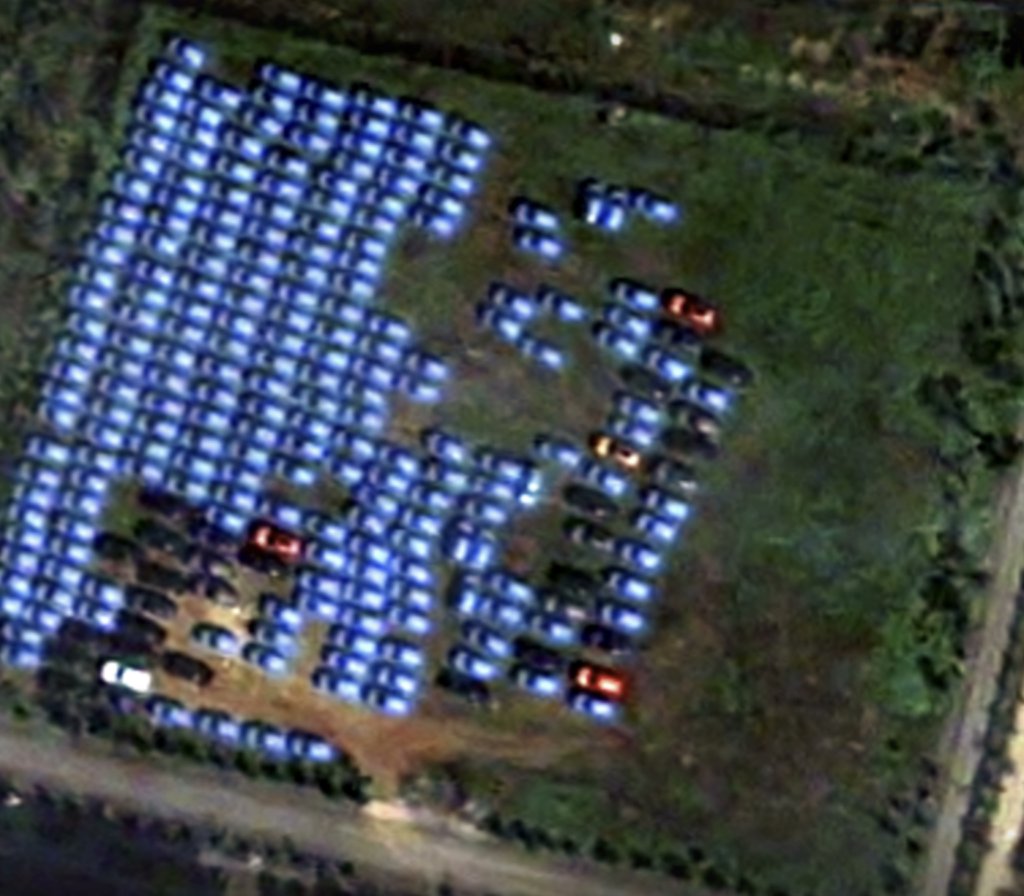
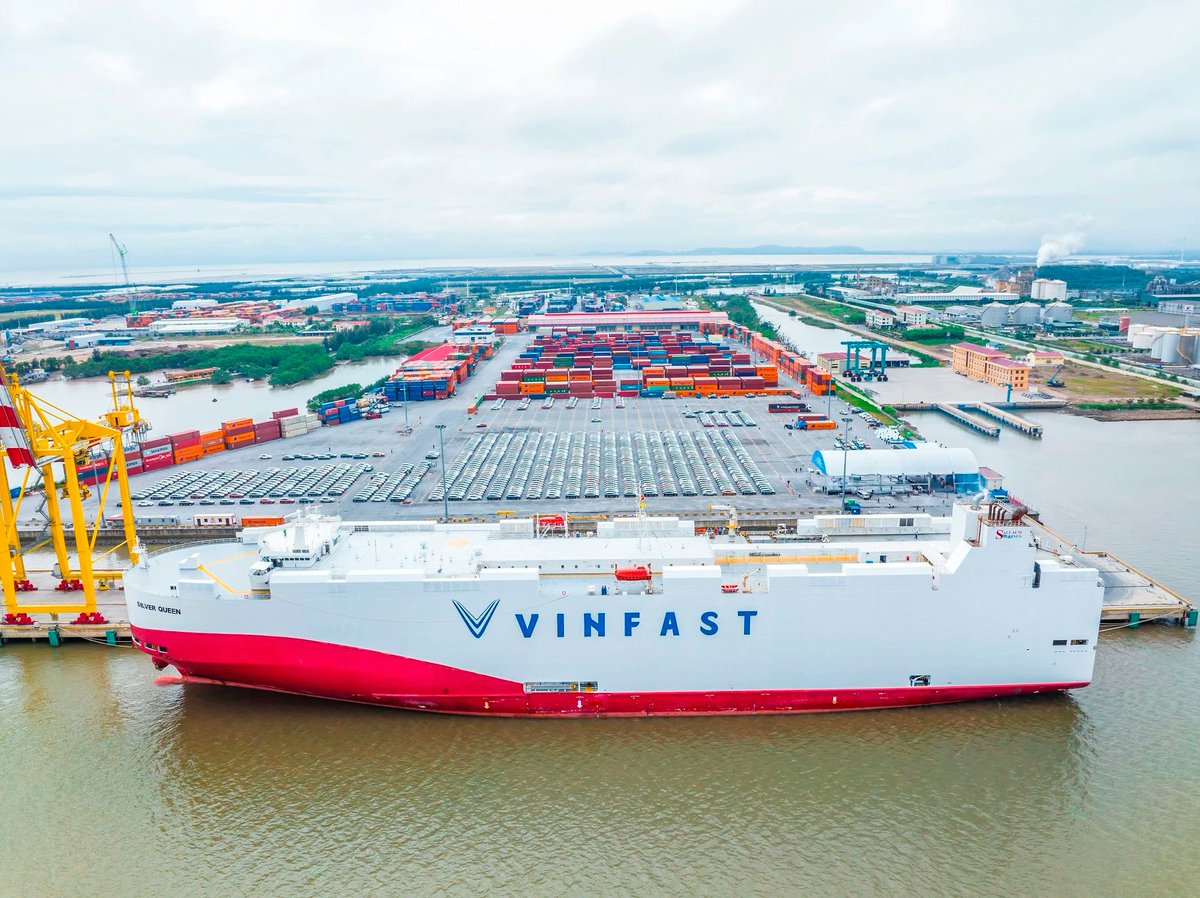
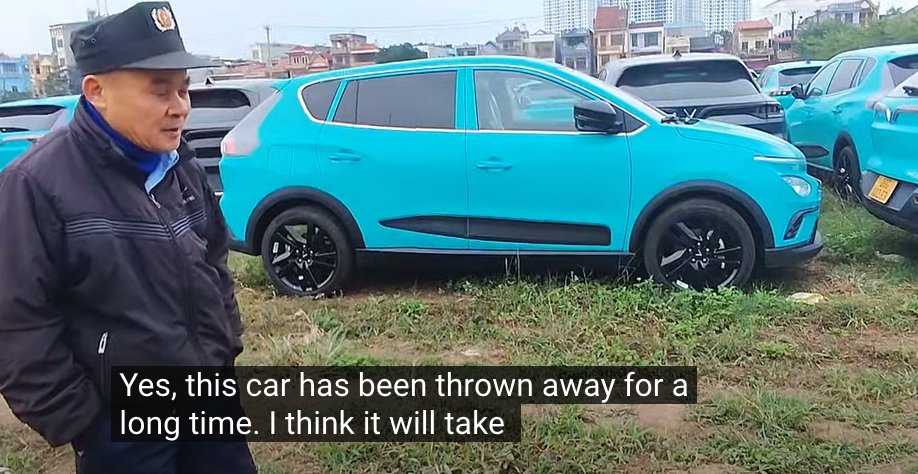
Vinfast, launched in 2017, is a Vietnam-based EV manufacturer. In the US, it sells the VF8, an electric SUV built outside of Haiphong.
The company went public in the US in 2023, initially soaring to a $200 billion market capitalization, but its value has since fallen 95%.
The company went public in the US in 2023, initially soaring to a $200 billion market capitalization, but its value has since fallen 95%.

First, we had to find the transport link that Vinfast used to move its cars from Vietnam to the US. They may have made that just a bit easy.
Vinfast’s RO/RO car carrier, the Silver Queen:
Vinfast’s RO/RO car carrier, the Silver Queen:

We tracked the Silver Queen as it made three trips to the US, discovering that it was unloading Vinfast EVs at a local port facility in Benicia, California. So we went to take a look.
They were still there, months after the last delivery.
They were still there, months after the last delivery.
Based on our investigation, Vinfast brought a total number of 3,118 cars to the US. From January to December 2023, they sold 265, according to registration data.
Vinfast has pledged to bring $4 billion in investment and 7,500 new jobs to North Carolina with a massive new EV plant.
This is the progress the plant has made — the project was announced two years ago:
This is the progress the plant has made — the project was announced two years ago:
In contrast, a few hours south, Hyundai is building a $5.5 billion EV manufacturing plant in Georgia. Both initially planned to be in operation in 2025.
Vinfast’s remains largely a muddy hole, while Hyundai will start churning out cars later this year.
Vinfast’s remains largely a muddy hole, while Hyundai will start churning out cars later this year.
“We continue to make progress on our proposed North Carolina manufacturing site,” a VinFast spokesperson told Hunterbrook Media, saying the company’s plan “remains to complete principal construction on the site before the end of 2025.”
Currently, Vinfast sells most of its vehicles to other companies owned by its parent company Vingroup. Electric taxi company Green and Smart Mobility (GSM) operates a fleet of bright blue Vinfast EVs. 

In February, a blogger posted a video on YouTube of a giant field in Thái Nguyên, filled with hundreds of idle blue Vinfast vehicles that appeared to belong to GSM.
The video was quickly taken down, but we had a single good screenshot.
The video was quickly taken down, but we had a single good screenshot.

A massive thanks to the Bellingcat Discord server, several members of which helped us find the lot in just a couple of hours.




We also discovered another lot outside of Ho Chi Minh City, filled with hundreds of additional unused blue GSM Vinfast EVs. 

Additionally, the Ho Chi Minh City storage lot had several Google reviews with attached high-quality photos both from outside and within the facility.








For more like this follow @hntrbrkmedia
https://twitter.com/hntrbrkmedia/status/1782107190402150458
• • •
Missing some Tweet in this thread? You can try to
force a refresh




